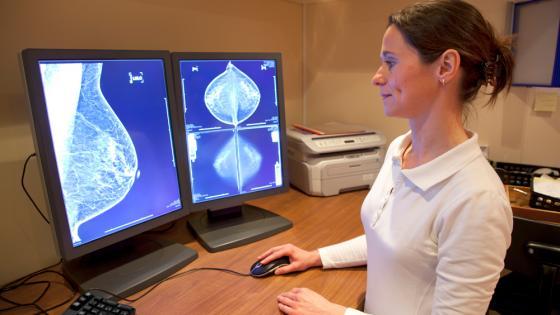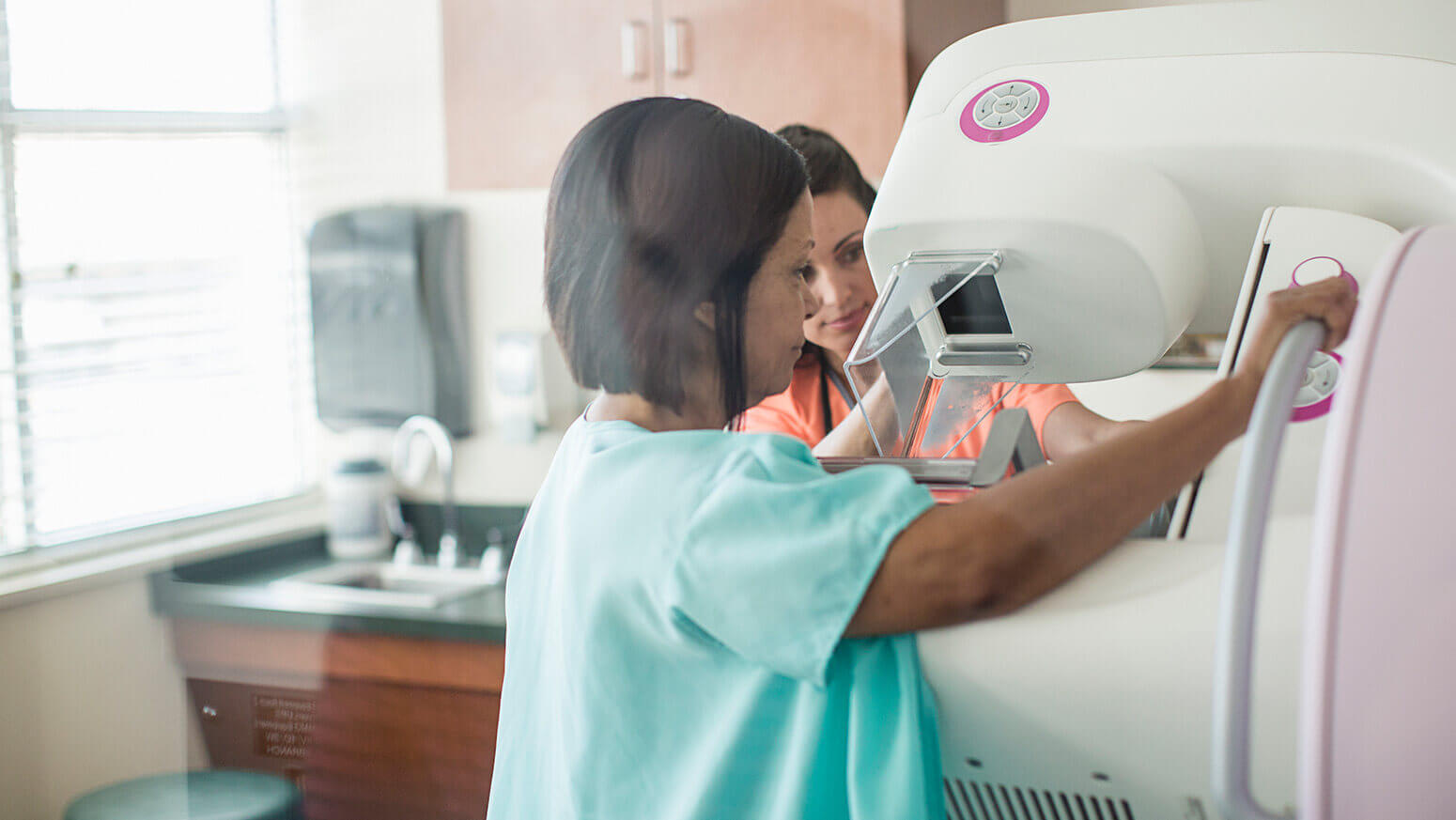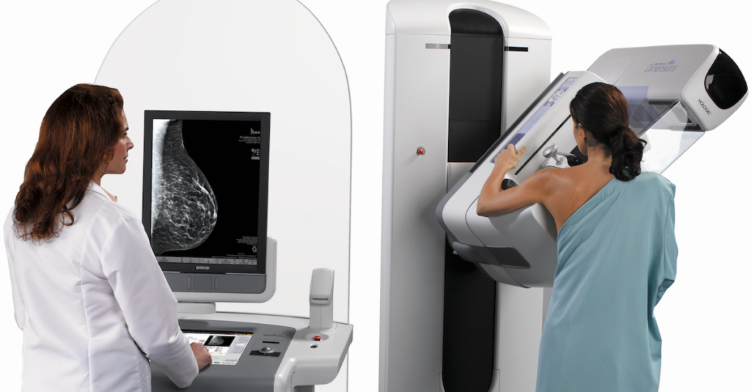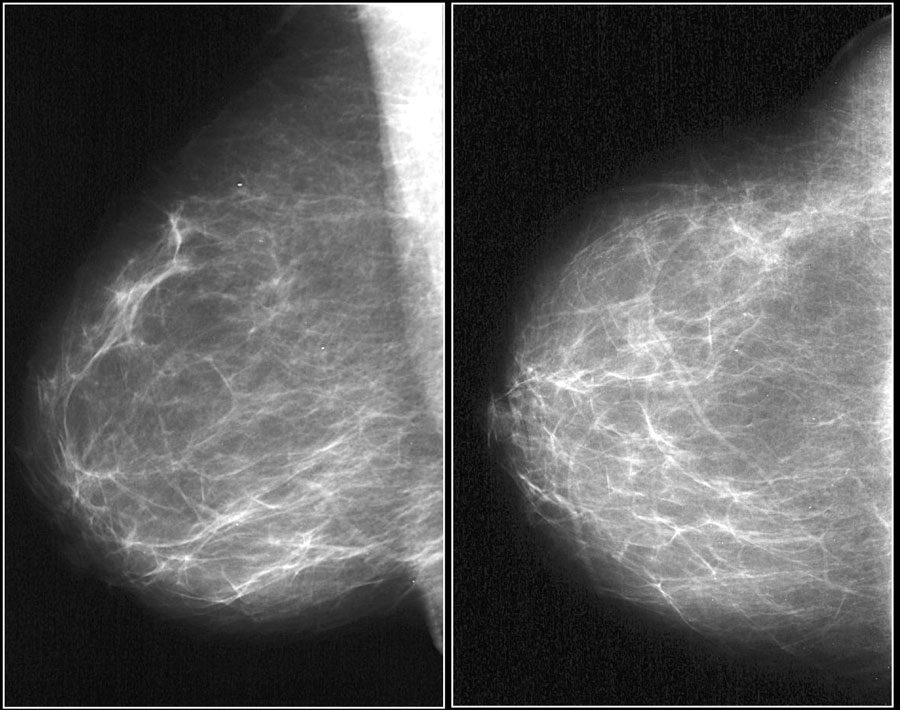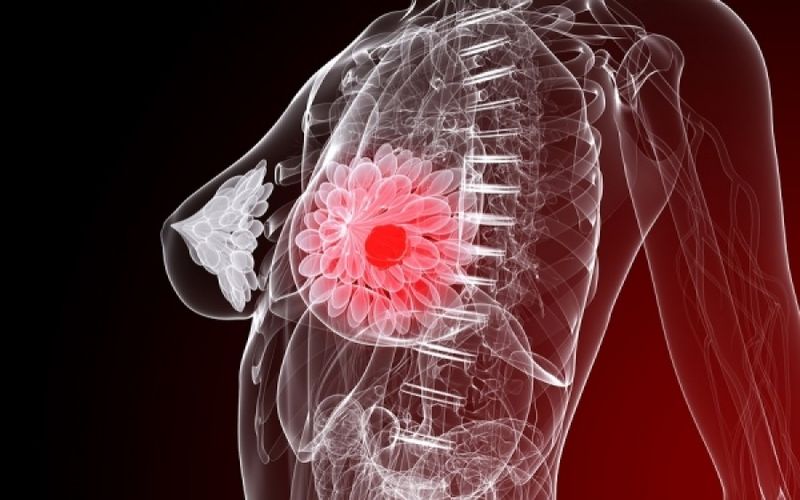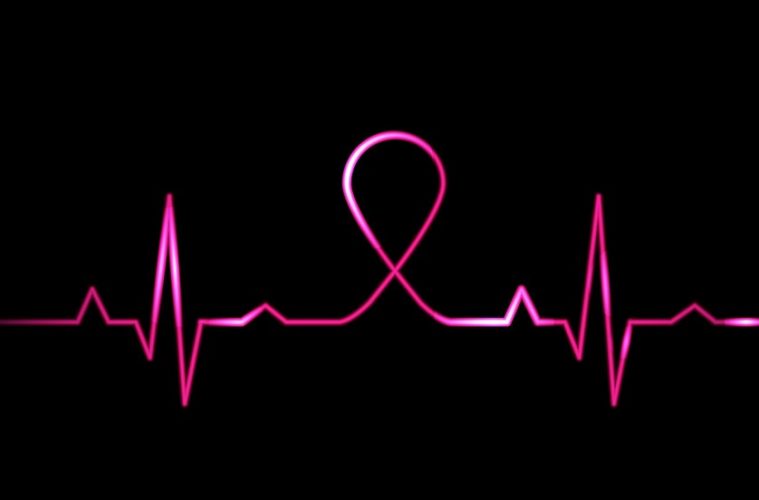
#16. You Or Doctor?
Myth: Only a yearly medical check-up will help in diagnosing breast cancer.
Fact: Breast self-exams (BSEs) are the most relevant indication that something might be wrong. In case of any doubts, one should visit a doctor right away instead of waiting for the next regular appointment.
#15. Mammography Helps
Myth: Routine mammograms prevent breast cancer.
Fact: Mammograms aren’t a cure for breast cancer. Although their role is to detect cancer cells or lumps if any. If the mammogram is done on yearly basis, it can save many lives.
#14. Too Easy To Spot
Myth: Women usually believe that breast cancer symptoms can be easily identified.
Fact: As we informed you before that every lump doesn’t mean breast cancer. One can only be certain after breast imaging (mammography) results are available. We can just be doubtful or concerned but reports give the actual picture.
#13. Annual Mammograms
Myth: Annual mammograms includes so much radiation that it increases the risk of breast cancer. So should we stop our regular check-ups?
Fact: We did inform you before about radiation being involved in mammography, but as you know the amount is too small to cause any harm to humans. Mammograms help in distinguishing natural lumps and cancerous lumps and the earlier stage cancer is detected the better are the chances of survival.
The American Cancer Society suggests that once women touch the age 40, they should regularly receive a screening mammogram every one to two years.
#12. Negative Isn’t The End
Myth: Negative results in the mammography report means there is nothing else to worry.
Fact: Mammography helps in screening and diagnosis but it fails to detect around 10% to 20% of breast cancers. That’s why people are always suggested to get add-on check-ups done. Self-examining and rest clinical breast tests may help when mammograms fail to detect cancer.
#11. Tumor Removal
Myth: An advanced stage of breast cancer doesn’t mean that removing a cancerous tumor is the first step.
Fact: If someone is diagnosed with cancer, he /she should always go for the second opinion about what should be the right procedure. Different breast cancers are to be treated differently.


